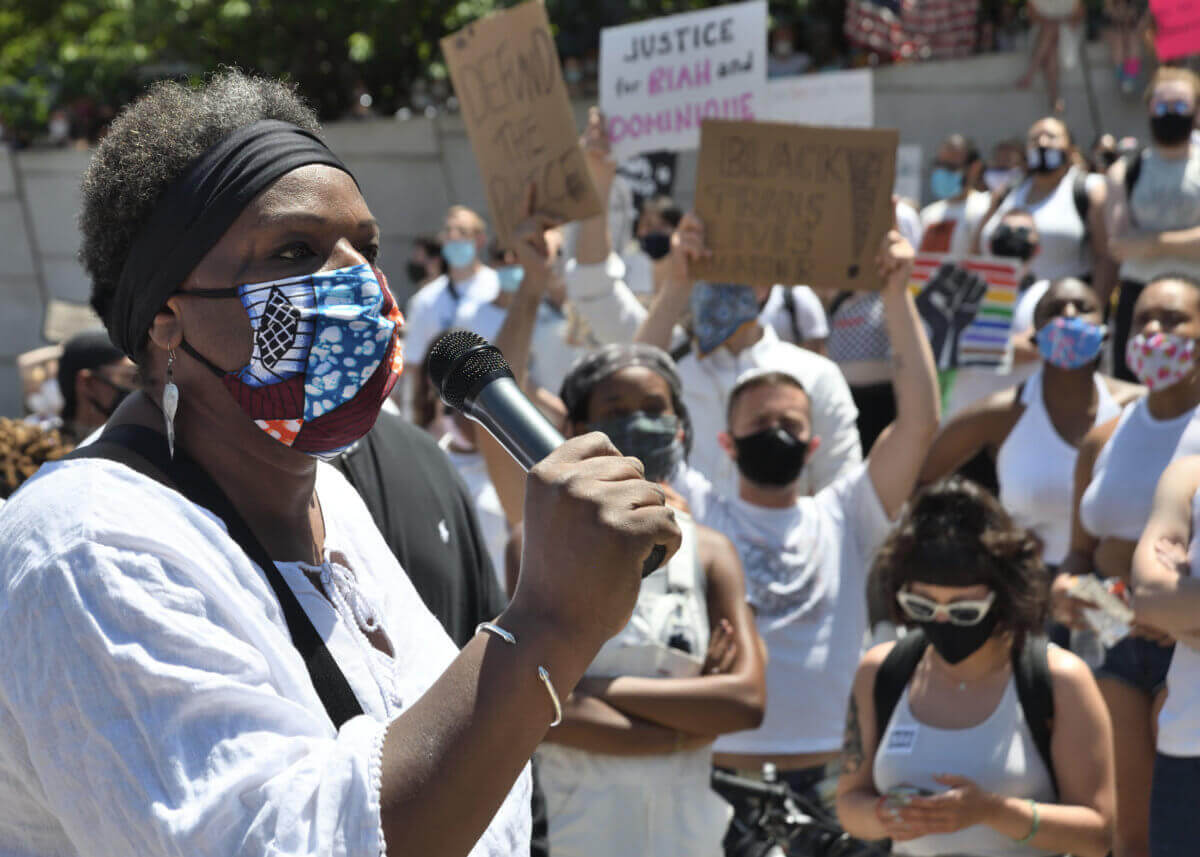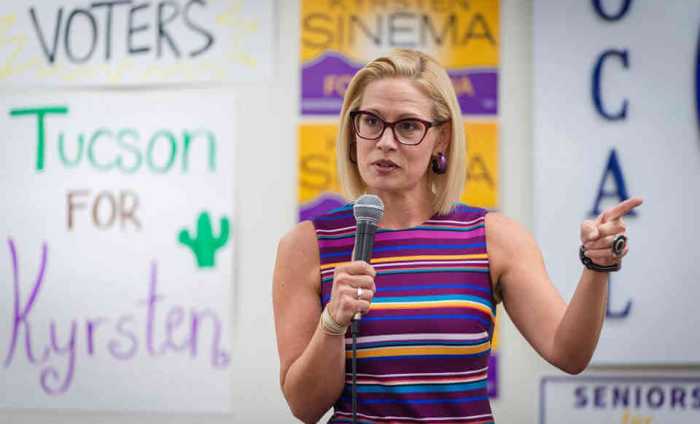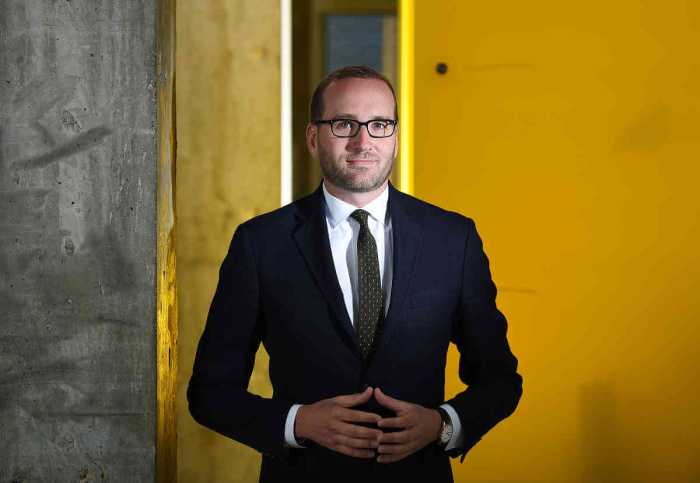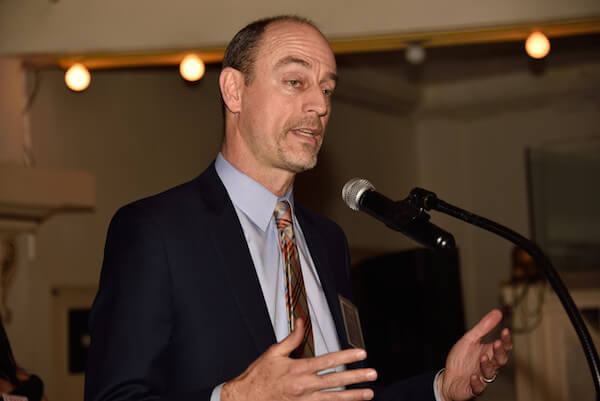A new study shows Black LGBTQ homes are cutting back more on medical care now than before the pandemic.
A report released December 16 by the Movement Advancement Project (MAP), a non-profit policy think tank serving the queer community, shows 54 percent of Black LGBTQ households had been unable to get medical care or had delayed medical services because of the economic strain of the pandemic.
“COVID-19 is amplifying the disparities that existed before the pandemic,” Logan Casey, MAP’s policy researcher, told Gay City News. “One of the major factors contributing to these disparities in accessing healthcare is discrimination.”
New study documents economic insecurity, shortfalls in access to healthcare
What’s more, the scale of cutbacks is higher than that experienced by the wider LGBTQ community and the nation as a whole. The report shows that 38 percent of LGBTQ people have delayed medical care due to COVID-19 when compared to 19 percent of non-LGBTQ homes.
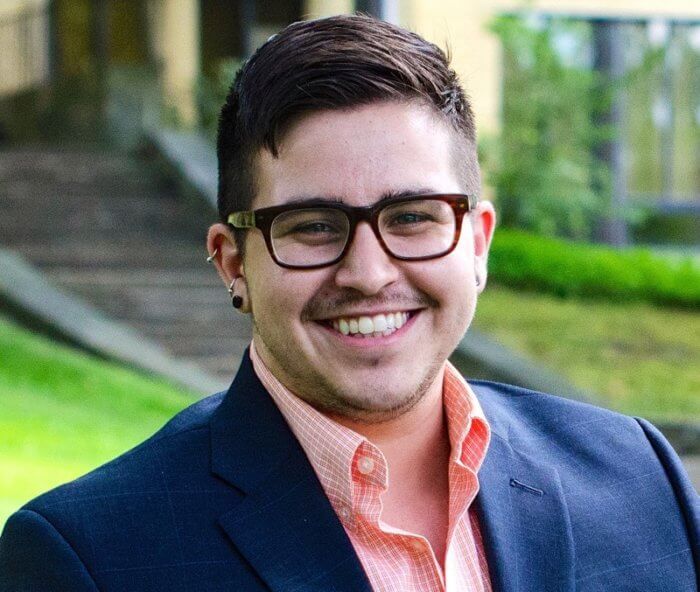
A history of racial bias against Black people in the workforce is contributing to this, Casey said. This can lead to more financial instability, which is another risk factor among uninsured adults.
“Employment is a place where many people get access to healthcare,” Casey said. “Whether or not you get healthcare through work, your finances and your economic security also play a very important role in whether you’re able to afford medical care.”
In August, Gay City News reported that Black LGBTQ households are facing more economic stress due to the pandemic than other ethnic and sexual and gender identity groups — including higher employment rates and reduced work hours. These disparities are growing. MAP’s latest report shows 95 percent of Black LGBTQ households have faced one or more serious financial problems.
Along with losing jobs, the national survey shows that LGBTQ people aren’t buying all their needed prescriptions. Others are avoiding such purchases completely. For many Black LGBTQ people, these economic and health challenges are compounded by the isolation of quarantine.
But, according to Casey, there are some solutions.
Along with additional stimulus checks if part of any forthcoming congressional relief package, he cited the need to dismantle structural racism as well as obstacles in healthcare. Experts also suggest the passage of the Equality Act, a federal bill prohibiting discrimination against LGBTQ people in housing, employment, healthcare, education, and other areas of public life.
“That would be a critical piece that could contribute to lessening discrimination,” Casey said. “That sort of broad-reaching legislation is one important tool out of many that we will need to respond to both the impacts of the pandemic and the pre-existing disparities.”
The findings are from a national poll conducted between July and August. National Public Radio, the Robert Wood Johnson Foundation, and Harvard’s School of Public Health designed the survey.
One of the study’s shortfalls, Casey noted, is that the data doesn’t capture the impact of a second wave of COVID-19 cases. As a result, he said, it’s likely the disparities have worsened since the survey was completed.
To sign up for the Gay City News email newsletter, visit gaycitynews.com/newsletter.

